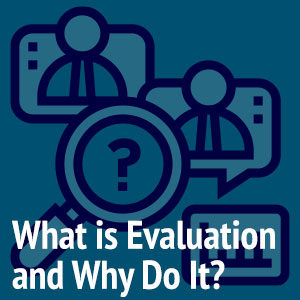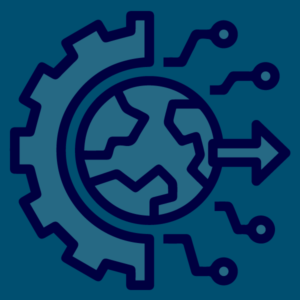
Pablo Picasso once said, “It takes a long time to become young.” The same may be said about education and the process of becoming educated. While we often associate formal education with youth and early adulthood, the fact is that education is an increasingly recognized lifelong endeavor that occurs far beyond the confines of early adulthood and traditional educational institutions.
In a recent article “Lifetime Learner” by John Hagel III, John Seely Brown, Roy Mathew, Maggie Wooll & Wendy Tsu, The Atlantic the authors discuss the emergence of a rich and ever-expanding “ecosystem” of organizations and institutions that have arisen to serve the unmet educational needs and expectations of learners who are not enrolled in formal, traditional educational institutions (e.g. community colleges, colleges, and universities). “This ecosystem of semi-structured, unorthodox learning providers is emerging at “the edges” of the current postsecondary world, with innovations that challenge the structure and even the existence of traditional education institutions.”
Hagel III, et al. argue that economic forces together with emerging technologies are enabling learners to do an “end run” around traditional educational providers and to gain access to knowledge and information in new venues. The growing availability of, and access to, MOOCs (Massive Online Open Courses), Youtube, Open Educational Resources, and other online learning platforms enable more and more learners to advance their learning and career goals outside the purview of traditional post-secondary institutions.
While the availability of alternative, lifelong educational resources is helping some non-traditional students to advance their educational goals, it is also having an effect on traditional post-secondary institutions. Hagel III, Seely Brown, Wooll and Tsu, argue that, “The educational institutions that succeed and remain relevant in the future …will likely be those that foster a learning environment that reflects the networked ecosystem and (that will become) meaningful and relevant to the lifelong learner. This means providing learning opportunities that match the learner’s current development and stage of life.” The authors site as examples, community colleges that are now experimenting with “stackable” credentials that provide short-term skills and employment value, while enabling students to return over time and assemble a coherent curriculum that helps them progress toward career and personal goals” and “some universities (that) have started to look at the examples coming from both the edges of education and areas such as gaming and media to imagine and conduct experiments in what a future learning environment could look like.”
The authors say that in the future colleges and universities will benefit from considering such things as:
- Providing the facilities and locations for a variety of learning experiences, many of which will depend external sources for content
- Aggregating knowledge resources and connecting these resources with appropriate learners rather than acting as sole “vendors” of knowledge
- Acting as a lifelong “agents” for learners by helping learners to navigate a world of exponential change and an abundance of information
While these goals are ambitious, they highlight the remarkably changing terrain in continuing education. Educational “consumers” are increasingly likely to seek inexpensive and more accessible pathways to knowledge. As the authors point out, individuals’ lifelong learning needs are likely to continue to increase, so correspondingly, the pressures on traditional post-secondary education are likely to grow. Whether learners’ needs are more effectively addressed by re-orienting traditional post-secondary institutions or by the patchwork “ecosystem” of semi-structured, unorthodox learning-providers who inhabit what the authors of “Lifetime Learner” term “the edges” of the postsecondary world, is difficult to predict.
Resources:
Lifelong learning, Wikipedia
“Lifetime Learner” by John Hagel III, John Seely Brown, Roy Mathew, Maggie Wooll & Wendy Tsu, The Atlantic
“The Third Education Revolution: Schools are moving toward a model of continuous, lifelong learning in order to meet the needs of today’s economy” by Jeffrey Selingo, The Atlantic, Mar 22, 2018



